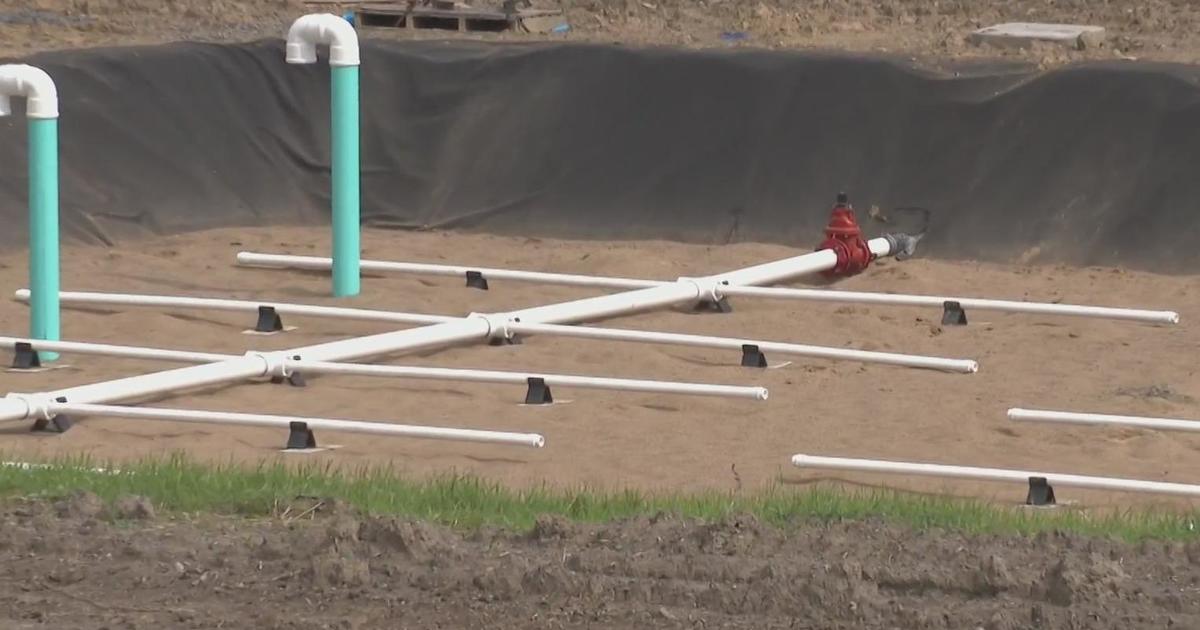Ailing From Allergies: Treatments And Cures For Seasonal Allergies
PITTSBURGH (KDKA) – Hacking, sneezing, wheezing…welcome to allergy season!
It's back with a vengeance and like everything else, there seems to be a pandemic connection.
Those of us who suffer from allergies have a lot of company – about a third of the population suffers from allergies.
The temperatures are rising, the trees are budding, and the misery of allergy sufferers is also on the uptick.
"The tree pollen counts are starting to rise and everyone says the allergy season seems worse and worse, and probably really is because the pollen counts are getting higher," said Allegheny Health Network allergist Dr. Russell Traister.
However, there's another factor – our COVID masks are gone.
"Maybe that's why we're seeing some more people with more symptoms," Dr. Traister said.
He said there's a simple way to tell if you have a cold or if you're suffering from allergies.
"I always tell people the biggest thing is itching because allergies will usually cause itchy watery eyes and nose," he explained.
Allergy symptoms could also be an early sign of COVID-19 so taking a COVID test to rule it out is a good idea.
It's also important to remember that colds are a virus that can spread while allergies are a reaction to an allergen.
WATCH: Possible Cures
Is there any sign of a cure for allergies?
Signs point to yes and a good start is holding onto your COVID-19 mask.
"They [studies] did show that I'm wearing a mask and help decrease how much exposure you have to pollen in the pollen outside," Dr. Traister said.
But what about those itchy, watery eyes?
Dr. Traister recommends anti-itch allergy eye drops that are available over the counter. There's also steroid spray for your nose, like Flonase, and antihistamines like Zyrtec, Allegra, and Claritin.
That said, they don't work for everyone.
"It's usually the people that are taking those medicines that have persistent symptoms despite that that we end up seeing," Dr. Traister added.
If those don't work, doctors are able to treat your allergies through shots.
"We could treat them with allergy shots and that's something that it's a way to not only just treat their symptoms, but it's a way to potentially cure their allergies over time," he explained.
Dr. Traister said those shots work for about 80-percent of patients so it's a good choice to beat allergies.



